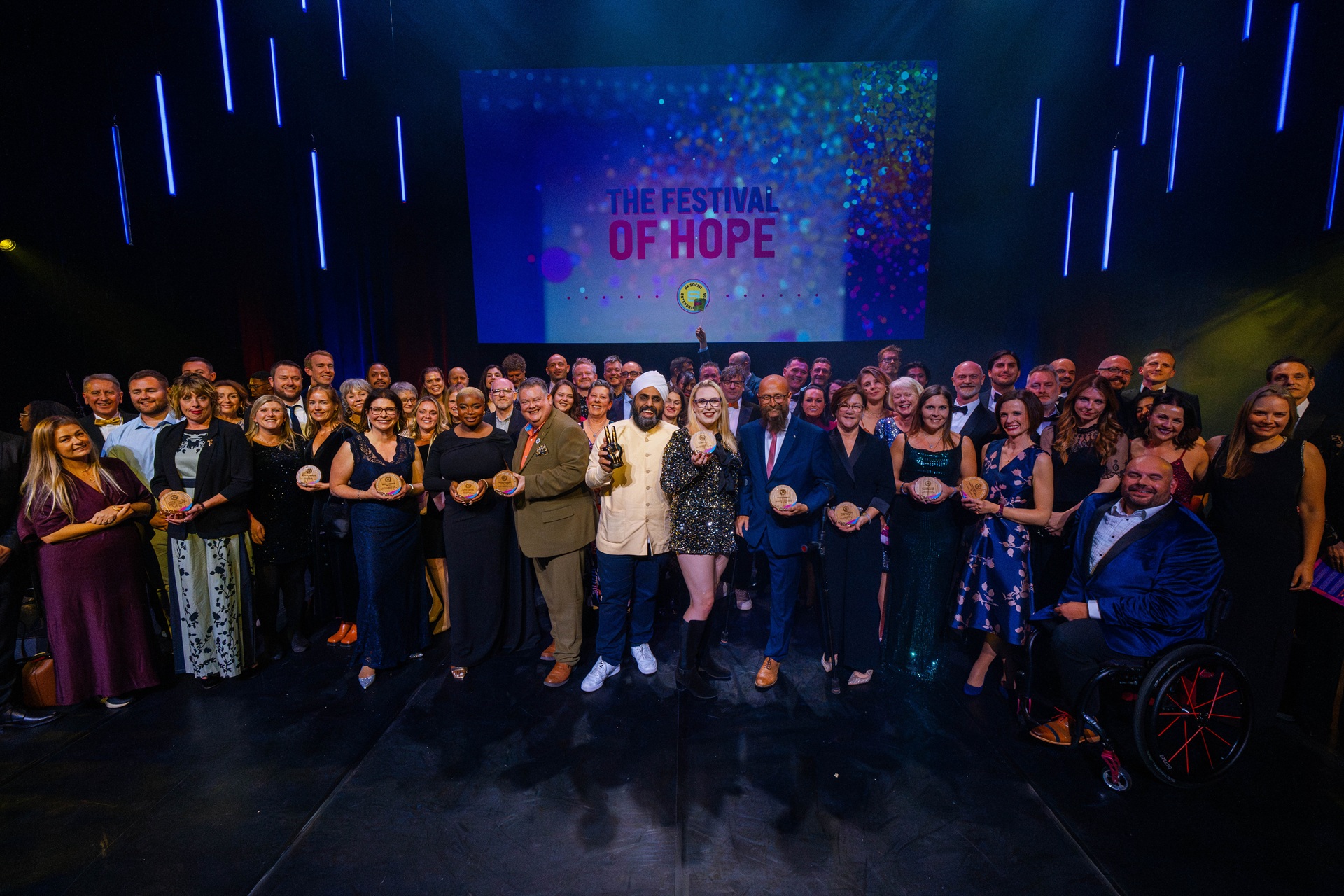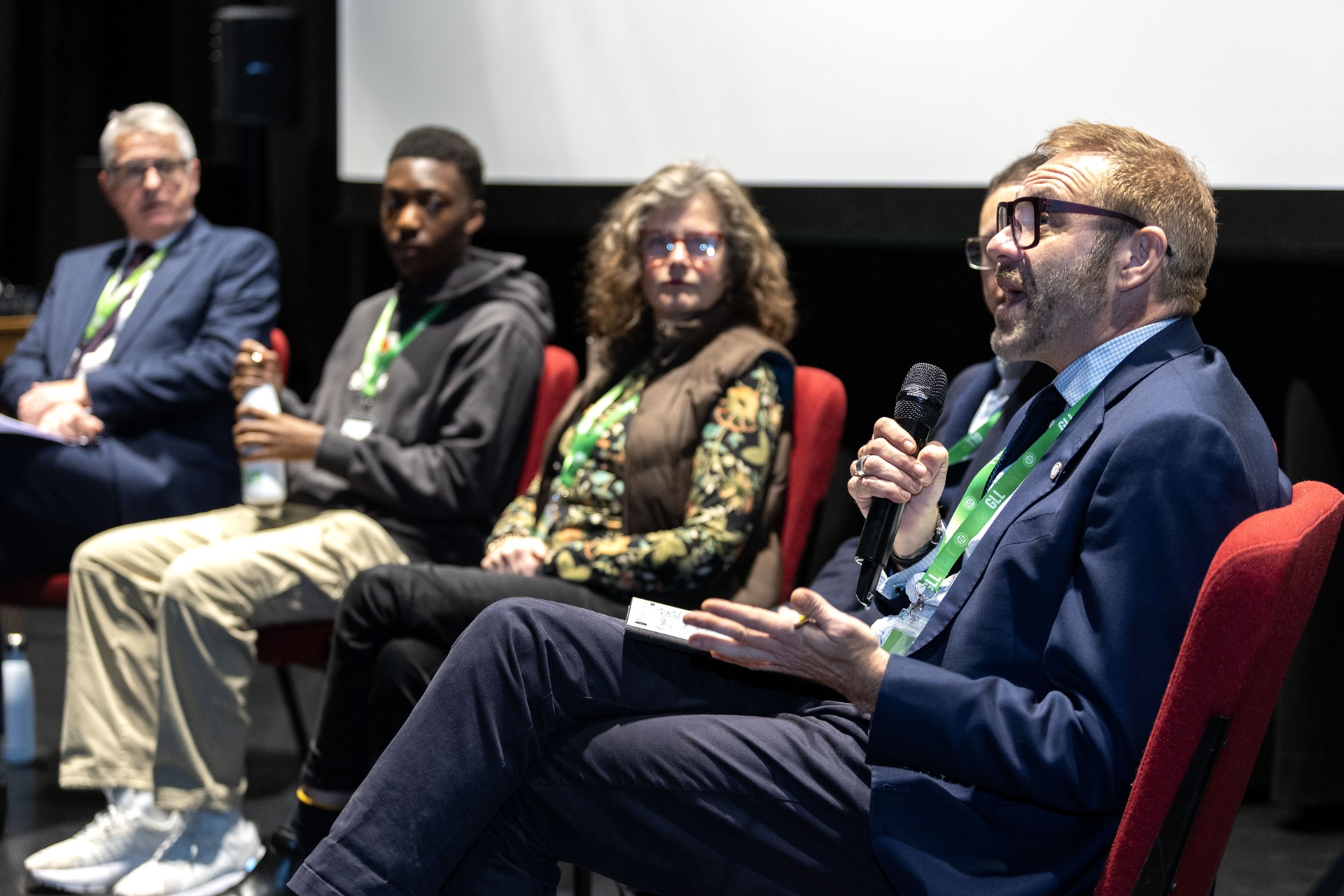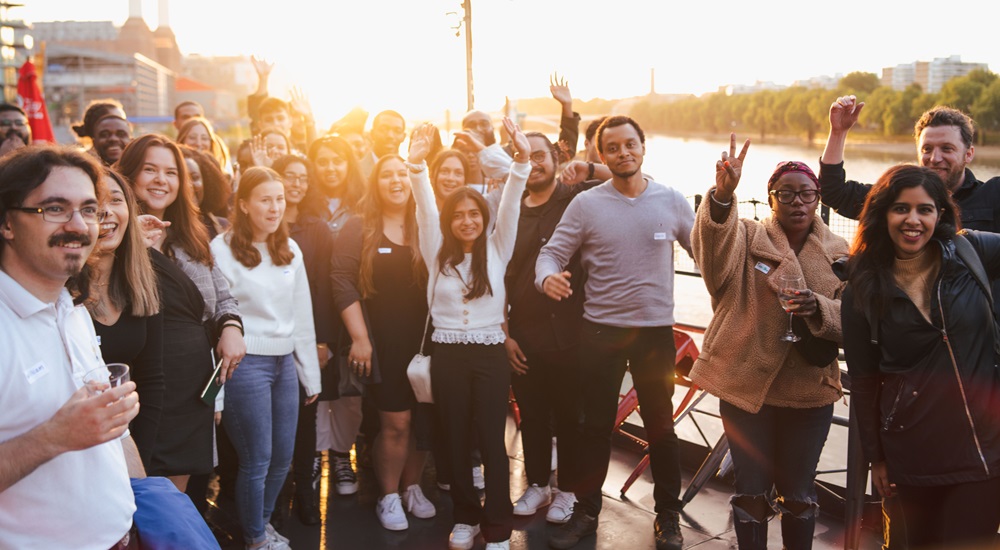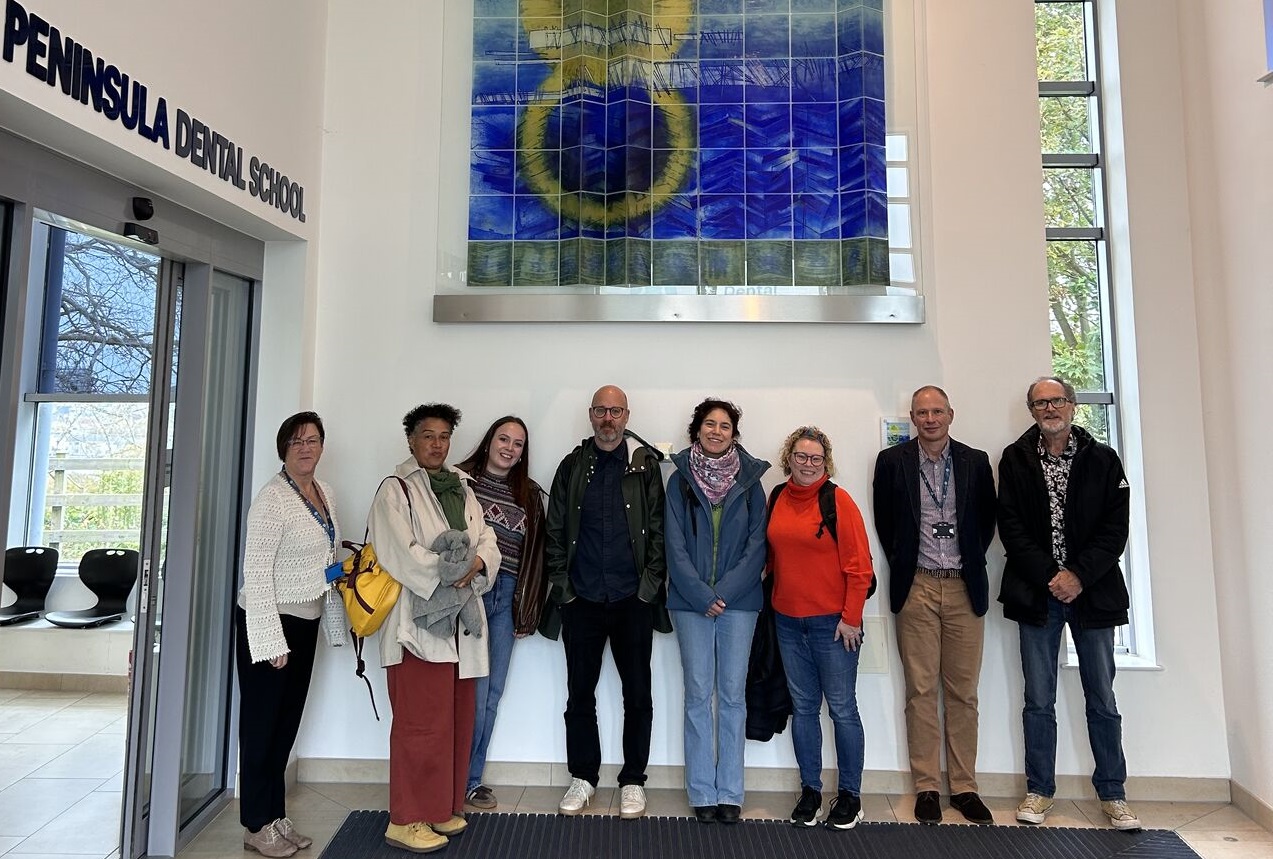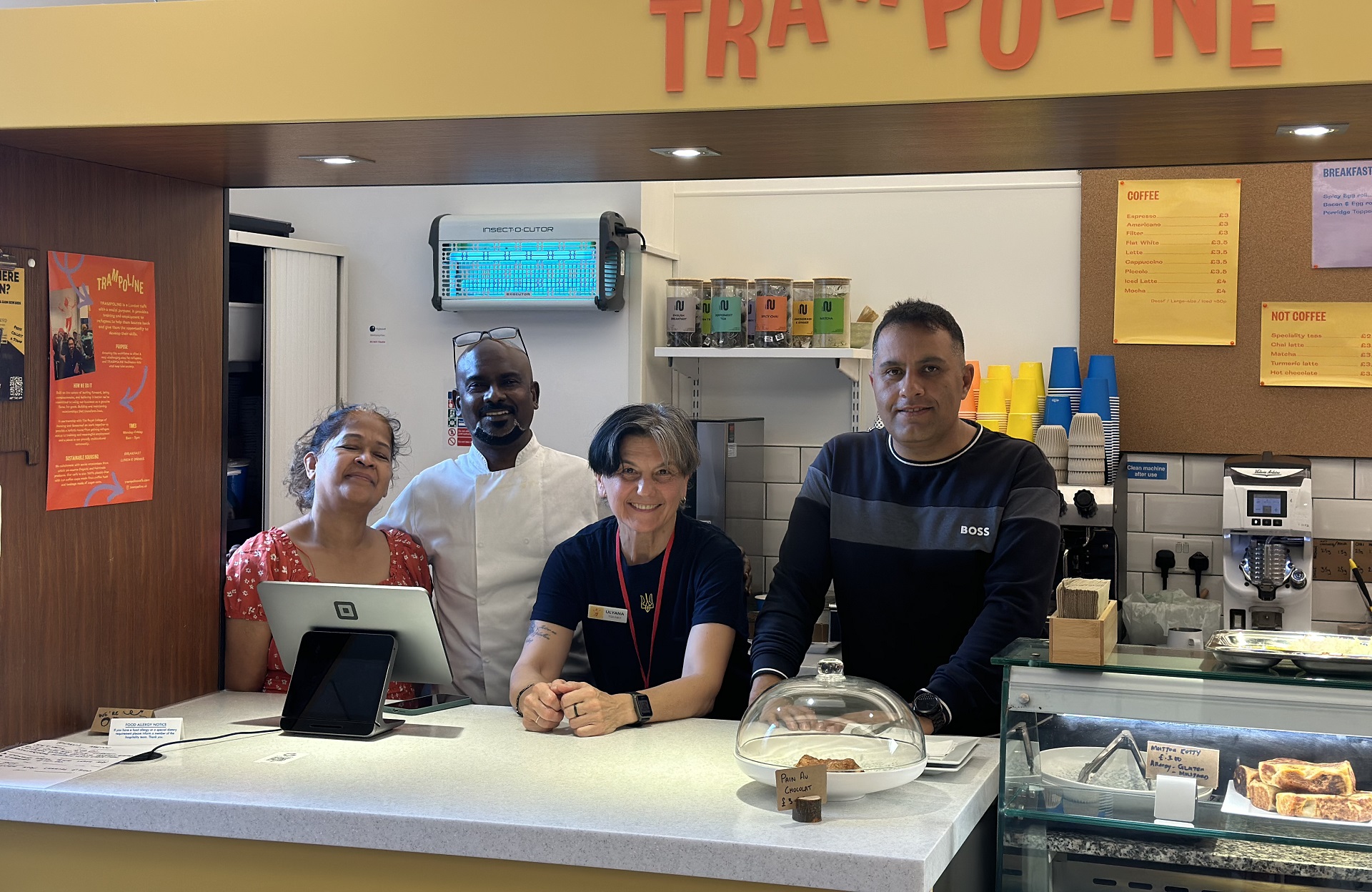
Member updates
NEMI Teas launches TRAMPOLINE Teas — the everyday tea that gives every brew a lift.
Profits reinvested into refugee training and employment through Changing Journeys programme. Award-winning social enterprise NEMI Teas has unveiled TRAMPOLINE Teas, a new range of Fairtrade and Rainforest-Alliance certified blends created for schools, offices, hotels and caterers who want quality, value and social impact — all in the same cup. Designed for high-volume foodservice, TRAMPOLINE Teas delivers consistent, great-tasting blends at competitive prices, while reinvesting profits into refugee training and employment through the Changing Journeys programme run at TRAMPOLINE Cafes across London. Participants gain confidence, hospitality skills and real work experience to help them take their next step into meaningful employment “TRAMPOLINE Teas is our answer to a clear market need for accessible, ethical tea in high-volume hospitality,” said Pranav Chopra, Founder of NEMI Teas. “Operators no longer need to choose between value, quality and social impact.” “This range proves that everyday doesn’t mean average,” added David Ryan, Growth Director. “TRAMPOLINE Teas brings taste, consistency and purpose together — a small switch that helps businesses create big impact through everyday choices.” The Line-Up: Familiar Favourites A feel-good family of eight blends — crafted for every mood, moment and menu: English Breakfast Earl Grey Green Tea Peppermint Tea Lemongrass & Ginger Decaf English Breakfast Red Berry Chamomile Available in enveloped tea bags (250s) and bulk catering packs (1100s). Certified, sustainable and built for volume TRAMPOLINE Teas is designed specifically for high-volume hospitality environments, offering operational simplicity alongside strong ethical credentials: Registered social enterprise Fairtrade and Rainforest Alliance certified teas Industrially compostable teabags & envelopes Blended and packed in a UK facility powered by renewable energy Following successful pilots with leading UK caterers earlier this year, the range received strong feedback on taste, consistency and ease of service. TRAMPOLINE Teas is now available to order across the UK. For more information or to request samples, visit trampolineteas.com or email bounce@trampolineteas.com. People-Powered Impact Every box purchased supports refugee training and employment opportunities through TRAMPOLINE Cafes located in Angel and at the Royal College of Nursing. Each brew helps someone bounce forward into work. Every sip supports a new start. About NEMI Teas NEMI Teas is a King’s Award-winning, certified social enterprise based in London. We craft high-quality, Organic and Fairtrade teas while supporting refugees into meaningful work.Our profits are reinvested into our TRAMPOLINE Cafes, which provide structured hospitality training and living-wage work experience for refugees through the Changing Journeys programme. Impact Snapshot In the 12 months to 31 October 2025 12 individuals supported through training and employment pathways 3,500+ hours of paid work experience delivered Partnerships with leading hospitality organisations, including The Hotel School, ThomasFranks, and Houston & Hawkes
2 min


